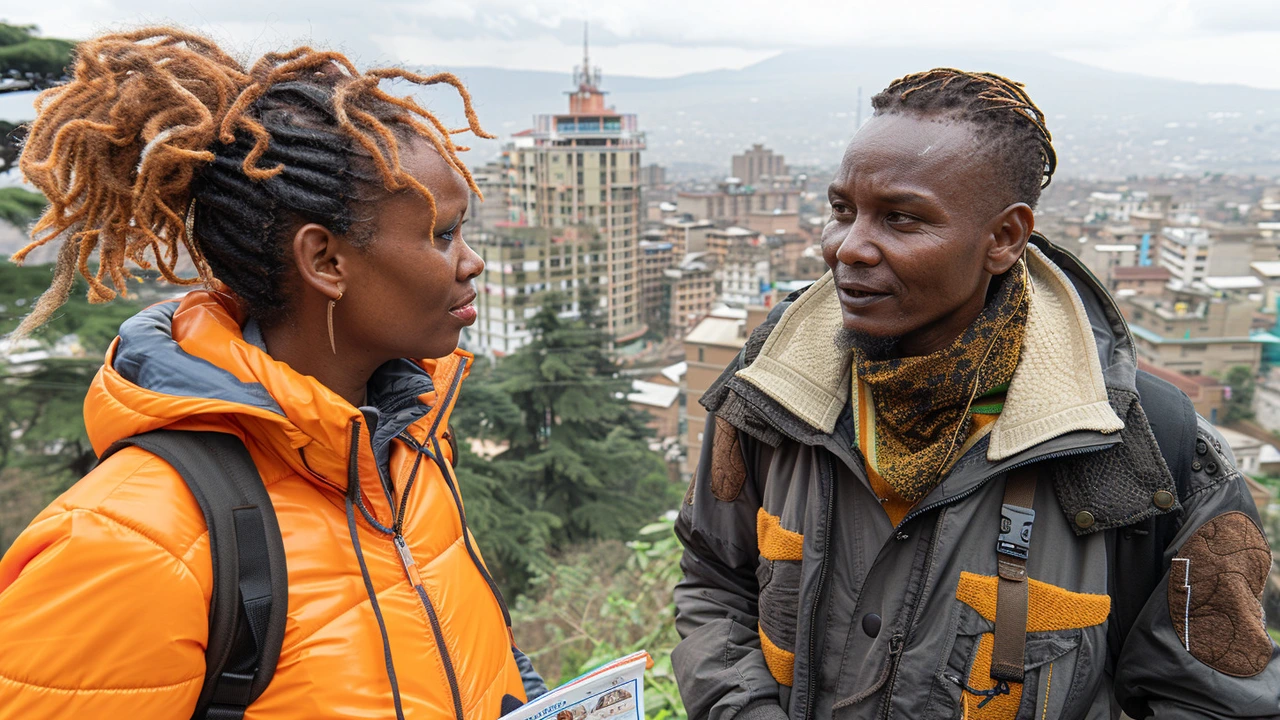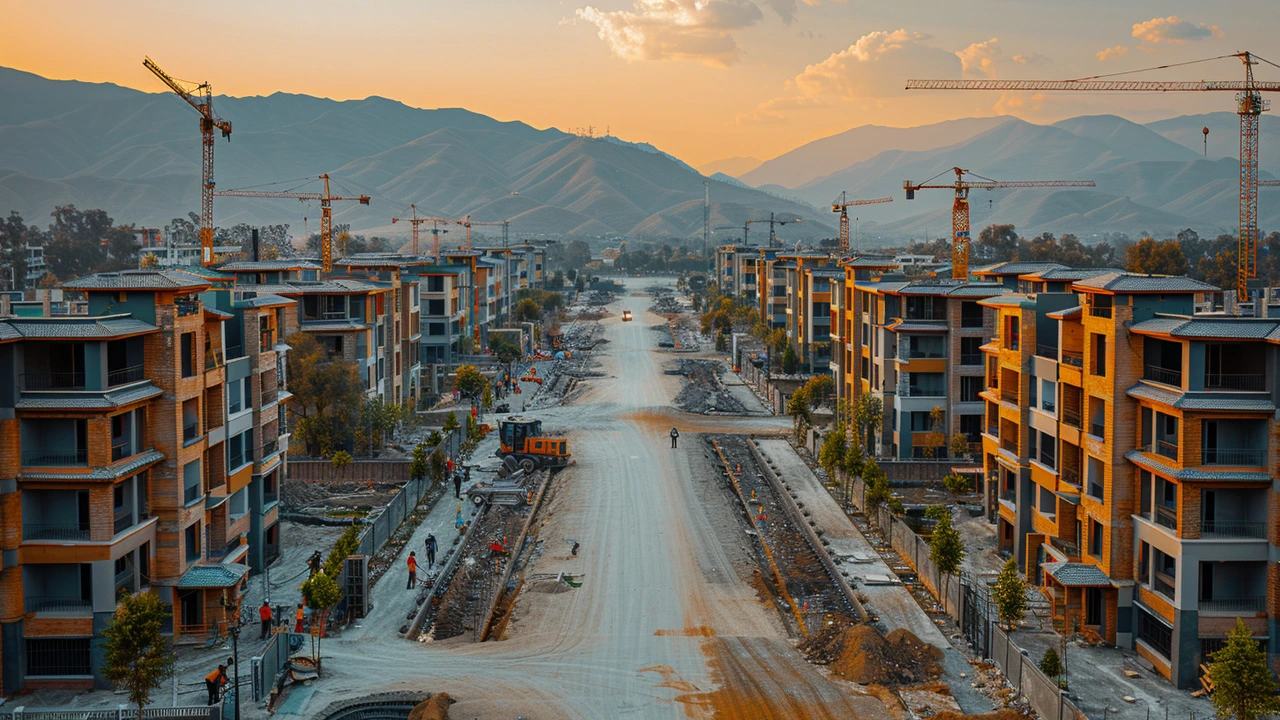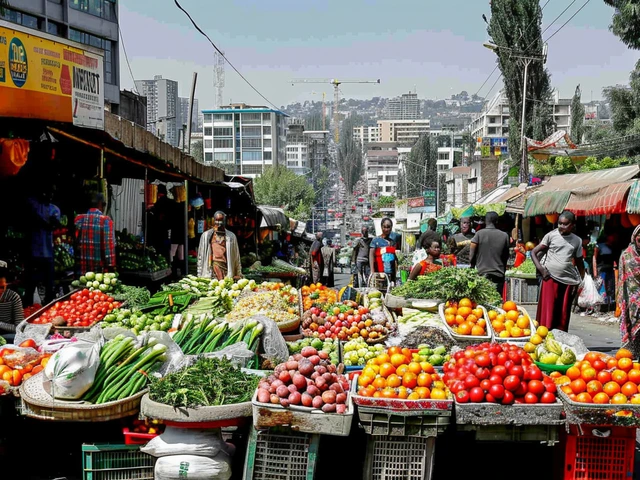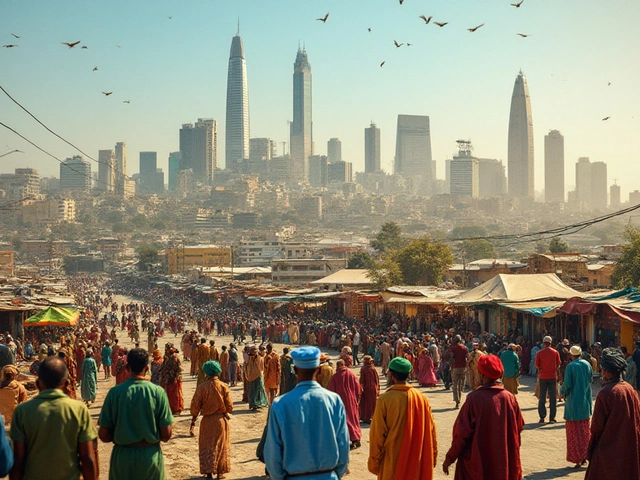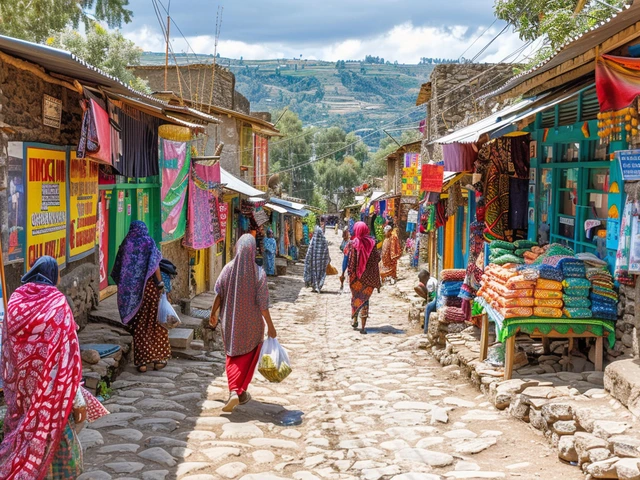Real Estate in Ethiopia: The Real Story on Housing, Pricing, and Investment
Ever wondered why finding an affordable place in Ethiopia feels like hunting for gold? Whether you’re after a small apartment in Addis Ababa or trying to buy your first house, the real estate scene has more layers than you might think.
Let’s talk prices first. Renting an apartment in Ethiopia varies a lot by city. Addis Ababa usually tops the charts, with decent apartments in central areas costing way more than spots on the edge of town or in smaller cities like Bahir Dar or Hawassa. Looking for budget options? Focus on less popular neighborhoods—prices drop, and you might snag a larger place for less. But be ready for trade-offs like longer commutes or fewer amenities.
If you’re planning to buy instead of rent, it’s a whole other game. Property prices have shot up in the last decade. The reasons? Ethiopia has seen rapid population growth and a big shift to cities. There’s also the challenge of a tight housing supply—there just aren’t enough houses and apartments to keep up with demand, especially in urban centers. Construction costs have climbed, too; materials get pricier every year and builders deal with lots of regulations just to break ground.
Are you a foreigner dreaming of investing in Ethiopian real estate? It’s tricky. Ethiopian law limits foreign ownership for residential properties, so most expats need to look at commercial opportunities or find legal workarounds. If you’re set on buying, always double-check everything—unexpected rules or unclear ownership titles can trip you up. Local agents or lawyers help a lot in making sense of the paperwork or hunting down legit deals.
What about making your money go further? The rental market’s competitive, but you can find deals by widening your search or considering new up-and-coming neighborhoods instead of sticking with city hotspots. Talk to locals, check out listings in Amharic, and never skip a visit before you sign anything—pictures can be deceiving!
Why do houses cost so much here? A big part is urbanization: more people move to cities every year, and there’s not enough new housing to match. The land system is complicated, too—private land ownership doesn’t exist, so the process takes time and sometimes means extra fees. Don’t forget the construction bottlenecks: delays are common, and developers pass these costs right along to buyers and renters.
If you’re looking for updates on housing laws, investment hints, and neighborhood price trends, sites like Ethiopia Jobs fill the gap. Staying in the loop helps you spot both red flags and rare deals. Navigating real estate in Ethiopia is doable—you just need good info, the right contacts, and a pinch of patience!
